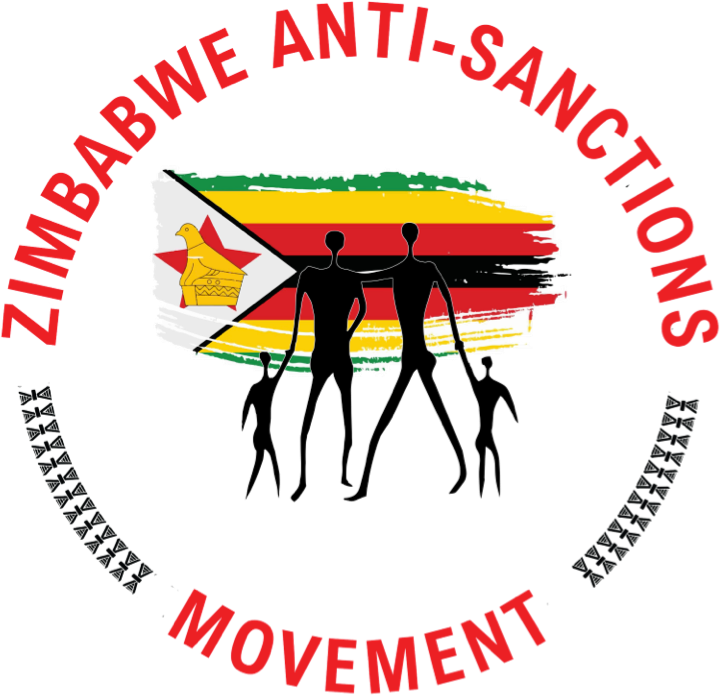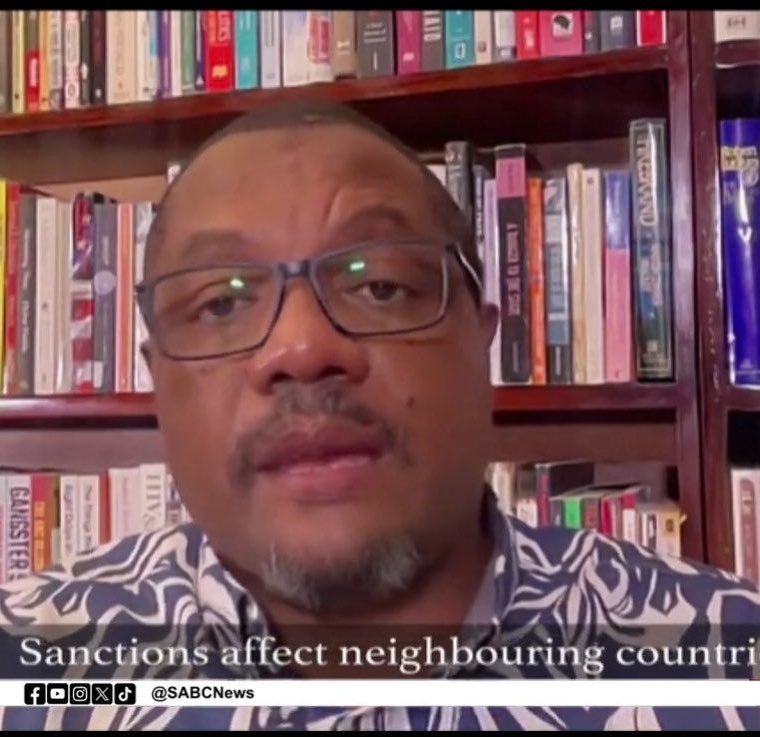In October 2022, the UN Human Rights Council published two reports on sanctions. The first report, UNHRC5133Add2, addressed the adverse effects of US, EU, Swiss, Canadian, Australian, and UK sanctions on Zimbabwe. The report concluded that the sanctions were illegal, violating human rights and imposed without due process. The second report, UNHRC5133, highlighted the illegality of secondary sanctions and overcompliance.
According to the report, overcompliance and secondary sanctions convert unilateral sanctions imposed by these six western nations into international sanctions, causing suffering for civilians in the receiving country. Consequently, the report called for third-party nations to cease illegally implementing secondary sanctions and overcompliance on nations without UN approval.
Furthermore, the report suggested that each country should establish laws that prohibit companies operating within its territory from illegally implementing secondary sanctions and overcompliance. This is because these actions lead to innocent civilians’ suffering and prevent the achievement of UN SDGs.
The report underscores that when financial institutions, such as South African banks, implement illegal sanctions by closing accounts, canceling corresponding banking relations, or blocking payments, they are overcomplying and implementing secondary sanctions, which is illegal.
Zimbabwe Anti Sanctions Movement (ZASM) is currently pursuing a landmark case in South Africa, Zimbabwe’s largest trading partner. The case is of critical importance in developing case law and precedent that will prohibit South African domicile companies from being used by western nations to discriminate against and punish Zimbabweans extrajudicially without trial by imposing illegal economic sanctions.
In many ways, ZASM is urging Africans to implement the UNHRC/51/33 recommendations to prevent private companies in Africa from being weaponized to serve western interests, as charter companies have done for centuries.
Rutendo Matinyarare, Chairman of ZASM, shares this information.




